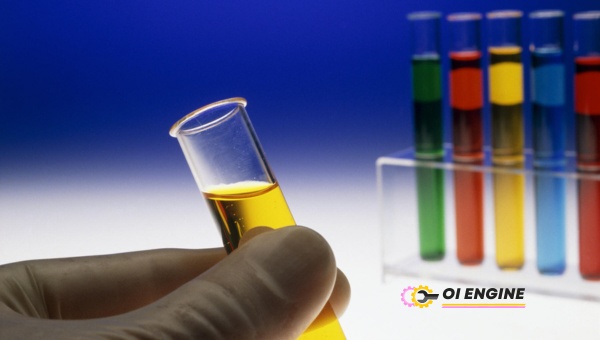The intricacies of diesel fuel problems can be daunting, especially when there’s a whirlpool of information swirling around.
Indeed, the 14 common myths about solving diesel fuel problems often lead to more confusion, causing people to make decisions that exacerbate the issue rather than resolve it.
However, clearing up misinformation is the first step towards truly understanding and correcting issues associated with diesel fuel.
Therefore, today I’m here to debunk the most prevalent myths surrounding diesel fuel problems. Through this informative exploration, you’ll quickly discover that many of these long-standing beliefs lack logical backing or have been completely discredited by professionals in the field.
Let’s shed some light on these misconceptions and arm ourselves with accurate knowledge for better decision-making going forward.
14 Common Myths About Diesel Fuel Problems
There exist numerous myths about solving diesel fuel problems, most of which are not based on factual information.
Unraveling these myths can be instrumental in ensuring that your vehicle continues to operate smoothly without unnecessary and costly repairs. We’ve highlighted a few of these myths and offered explanations to dispel them.
Myth 1: Diesel is Always Impure
The notion that diesel fuel is inherently impure couldn’t be further from the truth. Granted, diesel does go through varied levels of refinement but so do all types of fuels.
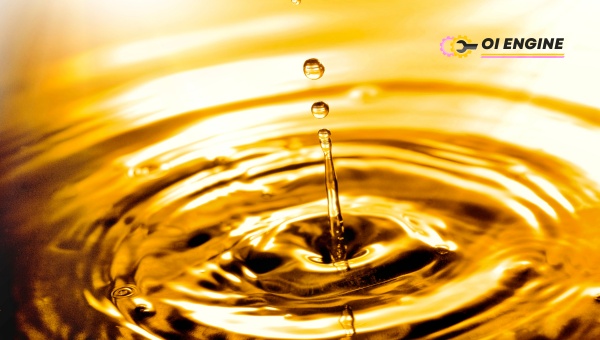
The purity of diesel can be compromised by how it’s stored and transported. However, significant measures are in place to ensure that the fuel you put into your vehicle meets strict quality standards.
Refineries often use meticulous processing techniques to remove contaminants, and vendors are required to adhere to these quality regulations.
Myth 2: Diesel Vehicles Are Slow
Long gone are the days when diesel-powered vehicles were synonymous with sluggishness. Advances in technology have tremendously enhanced the performance capabilities of diesel engines.
Today’s turbo-diesel engines boast impressive torque figures which equate to quick acceleration and great towing capability—often outperforming their gasoline counterparts.
Modern vehicles equipped with these engines dispel the myth; they are both agile and responsive.
Myth 3: All Diesel Types Are Identical
It’s a common misconception that one type of diesel fuel is indistinguishable from another. Much like different grades of gasoline, there are variations in diesel fuels designed for specific purposes:
- ULSD (Ultra-Low Sulfur Diesel): Predominantly used for on-road applications due to its low sulfur content.
- Biodiesel: A renewable blend made from natural oils which contributes to reduced emissions.
Each type exhibits unique characteristics and benefits tailored toward particular uses and environments.
Myth 4: Diesel Engines Are Loud
Imagine a rattle coming down the street, preempting a vehicle’s arrival long before you see it—that used to be the unmistakable calling card of an old-school diesel engine.
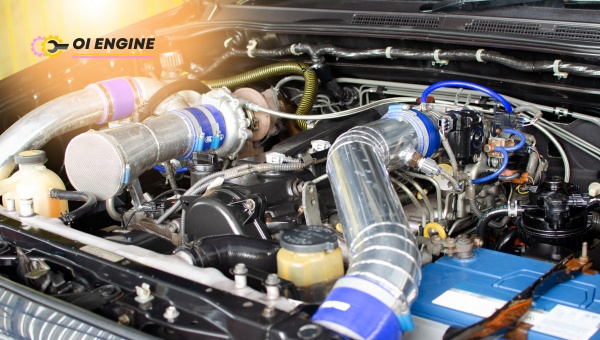
This stereotype has been quashed by leaps in engineering that have dramatically muted the once-noisy motors.
Newer models now employ advanced insulation materials and redesigned engine components making them as quiet as many gasoline vehicles, if not quieter under certain operating conditions.
Myth 5: Dark Diesel Means Higher Quality
A common misconception is that darker diesel is of superior quality. The assumption arises from the belief that dark color signifies high concentration and therefore better performance.
Contrarily, an abnormal color could indicate potential contamination – no guarantee of higher quality.
Variations in diesel color can arise due to several reasons:
- Another fuel or additive has caused discoloration
- Traces of impurities or water within the fuel
- Oxidation if the fuel has been stored for a long time
Thus, always rely on authorized professionals’ analysis instead of making judgments based on mere appearance!
Myth 6: Only Clean Fuel is Necessary
While clean fuel plays a crucial role in the optimal functioning of your diesel-powered system, it primarily tackles issues related to particulates and water contamination. Deposit formation is another significant issue and clean fuel alone cannot handle this.
Deposits are sticky substances resulting from degraded fuels, settling onto injector surfaces over time. These deposits interfere with ideal spray patterns essential for efficient combustion.
Therefore, using additives along with clean fuel helps keep your engine’s system deposit-free.
Myth 7: New vehicles Don’t Need Fuel Treatment
Many believe only older cars may benefit from regular treatment. Unfortunately, no matter how fresh off-the-lot your vehicle might be, “contaminants don’t discriminate by age“.
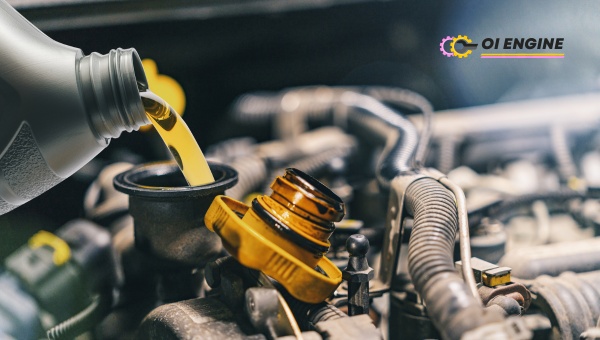
Diesel present in today’s vehicles often contains biocontent unsuitable for stockpiling; hence its degradability increases potentially causing microbial problems even in fresh cars.
Fuel treatments work as potent stabilizers; they retard natural degradation occurring during storage times ensuring peak performance whenever you turn your keys.
Myth 8: Biocides Prevent All Fuel Issues
Relying solely on biocides to address all diesel issues proves inadequate. Despite being an effective answer against harmful microbes growing in your fuel, usage could lead to the death of these microbes, their bodies deteriorating into an ‘algae’ substance. This residue can clog filters leading to system malfunctions.
Moreover, it is important to remember that biocides aren’t fully preventative. They don’t impact water contamination, deposit formation, or fuel degradation – all significant causes of diesel-associated issues. Combine their use with complete fuel management techniques for optimal results.
Myth 9: Fuel Polishing is the Ultimate Solution
Fuel polishing, the process of circulating fuel through a set of filters to remove impurities and water, has often been hailed as the universal solution to diesel fuel problems.
While it’s certainly vital for removing sludge and contaminants and plays a crucial role in preventive maintenance, it doesn’t address issues like oxidation or stabilizing already degraded fuel.
Additionally, water contamination won’t always be completely resolved by polishing if there’s ongoing condensation within your tank.
Total reliance on this process can sometimes lead to operational inefficiencies or even severe engine damage.
Myth 10: Biofuels Naturally Clean Fuel Systems
Many people believe biofuels naturally clean your engine. These fuels undoubtedly offer some cleansing properties due to their naturally occurring solvents.
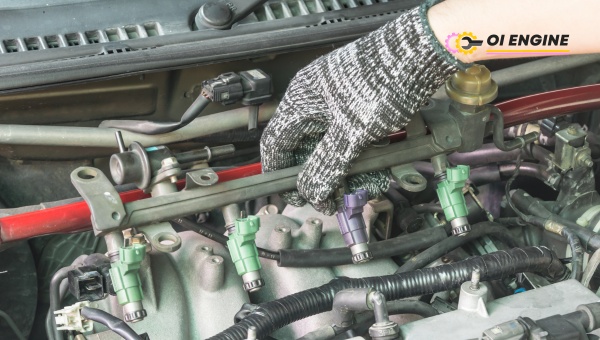
They don’t replace the comprehensive cleaning required by a modern vehicle’s highly precise engine components.
Relying solely on biofuels to free an engine from residues may result in sub-optimal performance over time. It’s always recommended to include routine professional system cleanups in addition to using higher-quality biofuels for best results.
Myth 11: Stabilizers Can Rectify Unstable Fuel
One might think of stabilizers as magic potions for resolving all fuel instabilities—unfortunately, this isn’t accurate.
Stabilizers play a pivotal role in maintaining diesel freshness during long-term storage, preventing oxidation-related reactions that can occur when fuel remains idle over prolonged periods.
However, once the fuel degrades beyond repair or has been compromised too severely with water contamination—adding stabilizers won’t reverse this damage nor restore its original refinement characteristics.
Myth 12: Corrosion Isn’t a Concern with Diesel
Corrosion within diesel engines could be an overlooked issue due to another common myth that assumes corrosion is not a real concern with diesel engines—an erroneous assumption indeed!
Corrosive damage can precipitously degrade the longevity and functionality of your fuel system. Factors contributing to corrosion include poor maintenance, incorrect storage practices, and even microbial growth resulting from water contamination.
Following regular maintenance schedules and ensuring you use high-quality diesel will aid in preventing unwanted corrosion incidents.
Myth 13: Kerosene Solves Winter Diesel Problems
The theory that kerosene can be utilized as an all-encompassing solution for winter-related diesel issues is far-fetched.
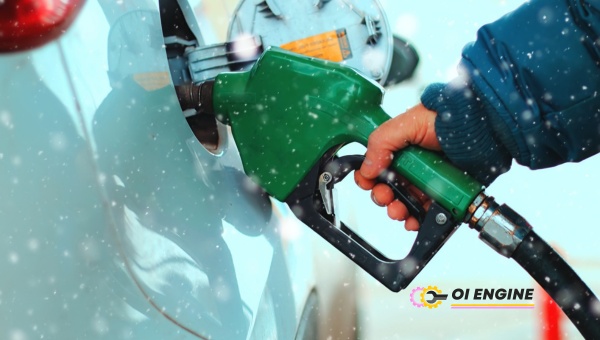
Kerosene is indeed a component of a “winterized” diesel blend. It helps to lower the freezing point and improve cold-weather operation.
Nonetheless, using pure kerosene or mixing it indiscriminately may lead to unintended repercussions like reduced lubrication or violating emissions regulations—not to mention the potential voiding of engine warranties.
Myth 14: Alcohols Don’t Affect Diesel Fuel
Diesel fuel mixed with alcohol-based additives often creates serious concerns that many people undervalue significantly.
Despite their benefits such as combating gelling in extremely low temperatures, alcohols are known for attracting moisture which aggravates water contamination—hence leading to potential engine damage over time.
Recognizing these myths and misconceptions is your first step towards achieving better fuel performance from your diesel-powered system.
Being informed enables you to make the right decision when managing your vehicle’s health—resulting in optimal efficiency, improved vehicle lifespan, and fewer headaches down the road!
FAQs
What is the biggest factor that can affect diesel fuel quality?
The biggest factor that affects diesel fuel quality is how it’s stored and transported. Conditions like high temperature and moisture can pose a risk.
Are diesel-engine vehicles more expensive to operate?
Although the initial cost may be higher, diesel engines are typically more fuel-efficient than gasoline. This means fewer refueling stops and lower long-term operating costs.
Can running out of diesel damage your vehicle?
Yes, as it could introduce air into your vehicle’s fuel system, potentially damaging injectors or causing other expensive problems.
Do I need to add additives to my diesel engine regularly?
This largely hinges on your specific use case and the manufacturer’s specifications of your vehicle. Certain operational conditions may necessitate regular use of additives for optimal performance and engine longevity.
Is biodiesel better for my vehicle than traditional diesel?
It depends. While certain vehicles run well on fuels containing a percentage of biodiesel, others might not be compatible with such blends or could encounter issues over time.
Conclusion
So, we’ve busted some common myths about solving diesel fuel problems, and I hope it’s clear now that taking care of your diesel engine isn’t just about refueling and hitting the road.
A lot goes into maintaining diesel fuel quality—from not falling for the idea that darker diesel is better, to understanding that fuel stabilizers aren’t cure-alls.
It’s important to address each aspect carefully, whether it’s dealing with fuel impurities or preventing corrosion. Remember, not all solutions like biocides, polishing, or adding kerosene are foolproof methods.
To keep those diesel engines purring smoothly, approach each claim with a critical eye and always consult with professionals if in doubt.
